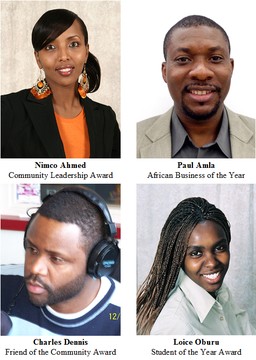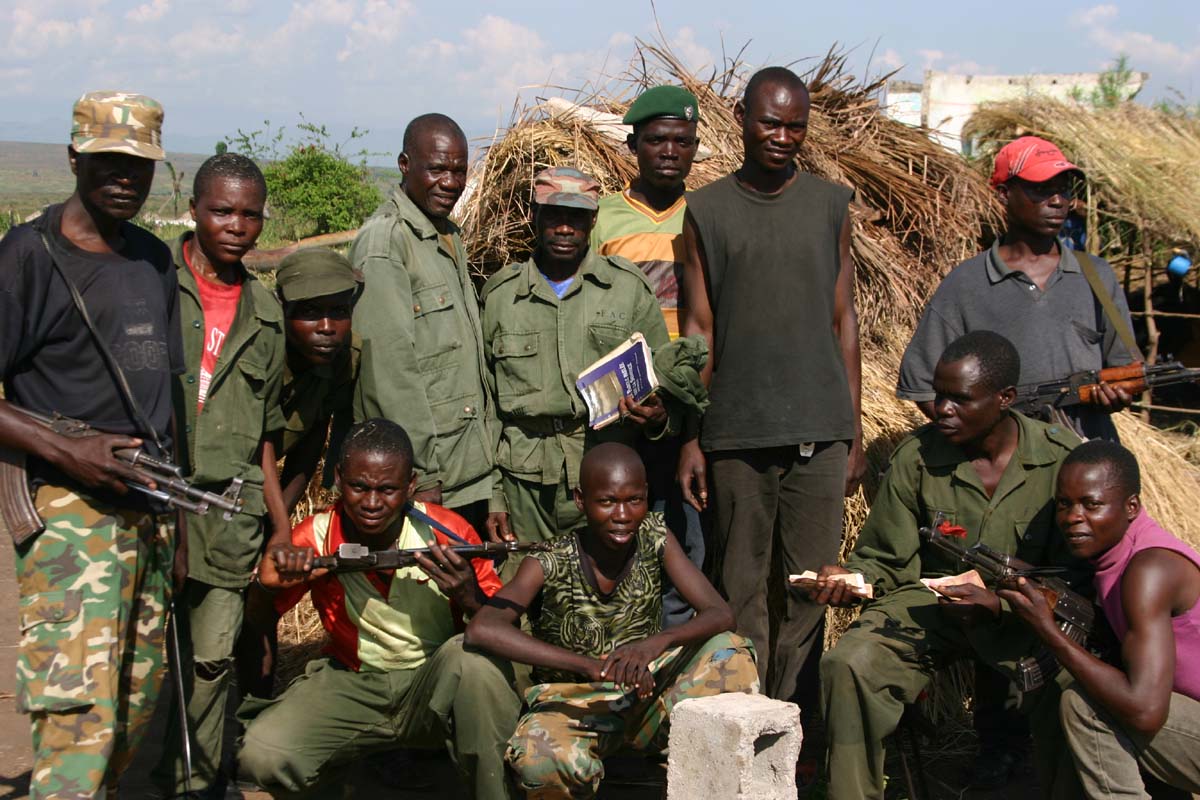“We need to maintain a sustained effort to ensure that our youth do not involve themselves in violent activities or gangsterism.” Abdullahi Farah said in a town hall-style forum, “Threats to Our Youth: Gangs, Drugs, Homicides, Dropping Out,” held November 14 at the Abubakar As-Saddique Islamic Center in South Minneapolis.
Representatives from Somali Youth Council Network (SYCN), Minneapolis police, and Abubakar and As-Saddique Islamic Center attended the public forum, which was held to explore the causes and possible solutions of the recent spike in violence among the Somali community in the Twin Cities that left up to six men dead.
Abdullahi Farah from SYCN who made a lengthy presentation, talked of what he hailed as Project Salaam-meaning peace-which he said was going to be a sustained effort to engage the community to be active participants on the affairs of the youth.
“Project Salaam,” said Abdullahi, “will be on-going forum which will open communication lines between the Somali community and the youth.” He said the forum will be youth-centered and will focus on: school/college awareness, mentoring and support, and talking to them about the vices such as involvement in gangs and drugs and how that could impact on their lives.
Abdullahi further noted that this would not only keep the community abreast of what the youth are doing, but also involve the youth with meaningful activities that prevent them from engaging in bad things. He, however, reminded the attendees that Project Salaam was a community-wide one and he used the opportunity to solicit for volunteers.
Sheikh Omar, the director of the Abubakar Islamic Center, said that many unique challenges face the Somali youth which need instant solutions. “We need to explore the killings among Somali youth which took the lives of 10 of our youth and if we don’t prevent it now, it will go out of hand,” said Sheikh Omar.
Omar said his center had played a leading role in offering the youth recreational and educational programs throughout the year.
A representative from the Council on American Islamic Relations (CAIR) of Minnesota warned the participants to not be overly excited about this new approach, saying it would not likely bear fruits overnight. He said he was encouraged by the recent arrests following the last two homicides because of community involvement.
But Abdia from the SYCN deplored the lack of results in the investigation of those who have been arrested. She said, “We don’t have any idea what the progress is, we just heard of the arrests.” She encouraged the police to keep the community abreast of what is going on.
Not everyone was convinced SYNC’s new proposal will be the magic bullet. One man, speaking in Somali, said that SYNC ideas were useful, but suggested that bringing the youth to Islamic Center was the best option. “Here,” he said, referring to the Islamic Center, “lies the solution to our children’s challenges.”
Another man who gave his name as Yussuf said that Somali parents, especially male parents, are the root cause of the current problems. He said, in Somali, “Somali men leave home in the morning and spend the entire day drinking coffee and talking politics at the coffee shops.” He said they have no idea whether their children went to school or not, or if the homework they were given is finished.
He added that it was time Somali men knew who their children associate with, and who their neighbors were. It is only from this point of knowledge that we can understand what behaviors our children can involve themselves out there.
About Abdifatah Shafat
- Web |
- More Posts(1)






